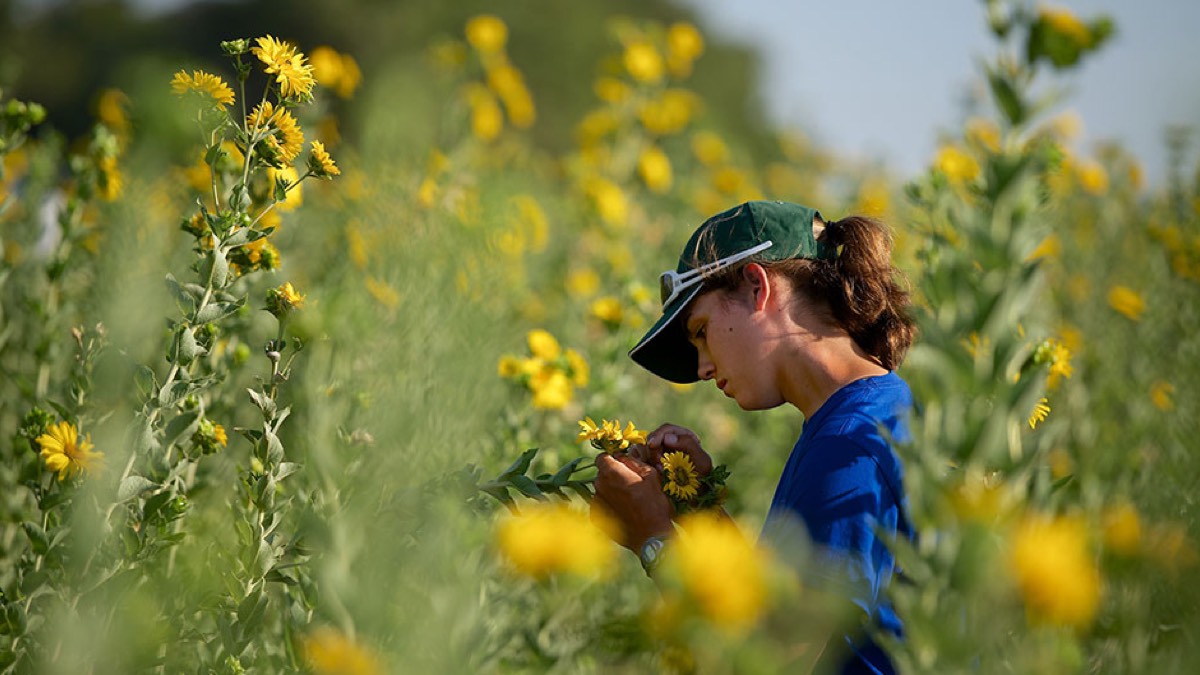The modern scale of our current agricultural system threatens to collapse the natural systems upon which we depend. Perennial grains are a robust, transformative remedy that can provide ample human food while reducing or eliminating impacts from industrial agriculture.
25
Percent of the world’s annual greenhouse gas emissions are due to food production
10
feet: Kernza® has deep roots that draw down carbon from the air to build healthy soil, improve wildlife habitat, and protect water resources
3,255
acres of Kernza® in production as of fall 2024
Perennial Crops Are Powerful
They protect soil from erosion and improve soil structure. They increase nutrient retention, carbon sequestration, water infiltration and uptake efficiency. They can contribute to climate change adaptation and mitigation. And they help ensure food and water security over the long term.
The Best Chance We Have
Many fruit, forage, and some vegetable crops (including alfalfa, grapes, asparagus, and fruit and nut trees) are perennials that have been cultivated for thousands of years. Adding perennial grains, legumes, and oilseeds represents a paradigm shift in modern agriculture. Given that grains make up over 70% of our global caloric consumption and over 70% of our global croplands, transitioning from annual to perennial agriculture can create a truly regenerative food future.
Freeing Farmers From the Treadmill of Economic Instability
Perennial grains like Kernza® can significantly reduce the need for costly inputs and minimize the operational expenses of tillage and planting. This new perennial “hardware” for agriculture stands to catalyze a rich culture around food production and supply chain development.
A Few Benefits of Perennial Grains
Perennial grains…
- Protect and build soil
- Have great potential to mitigate climate change
- Help secure food production and water quality
- Require fewer field operations and farm equipment emissions
- Require fewer inputs, reducing the operating costs to farmers
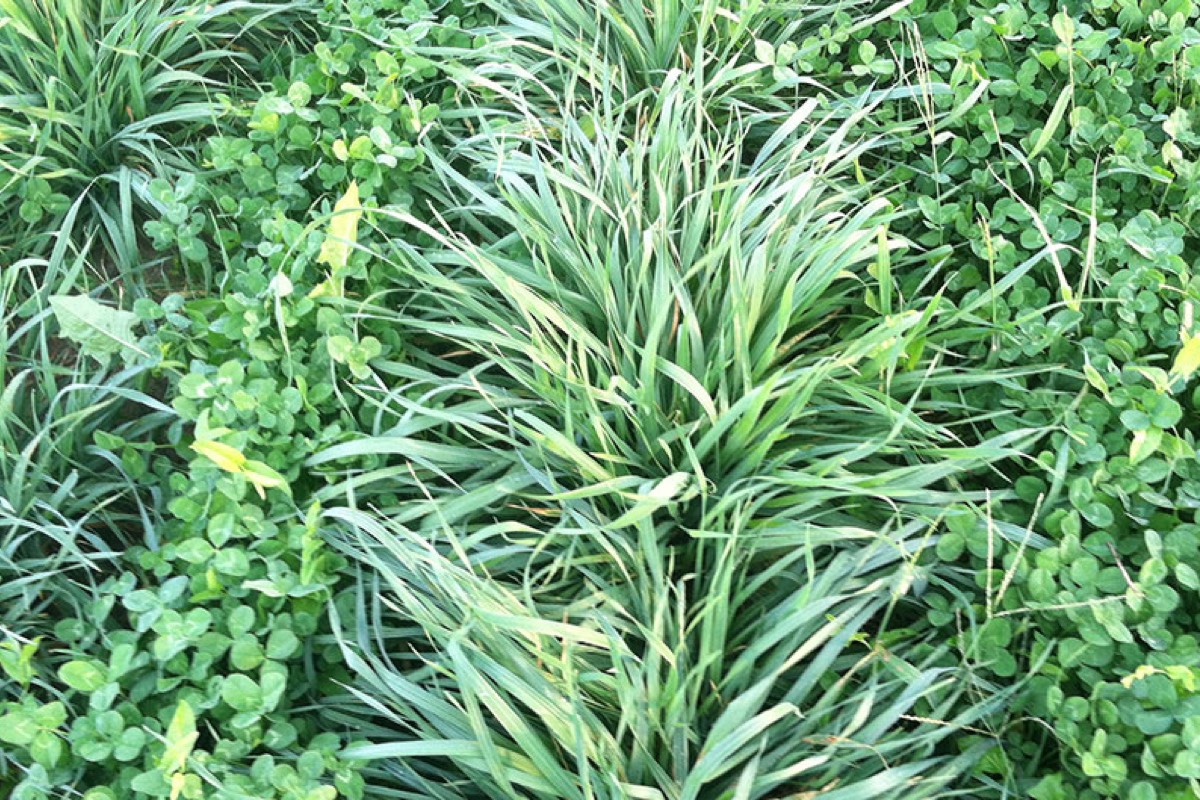
Beyond the Monoculture: Crop Diversity
Harnessing ecological processes to supplant the need for inputs like fertilizers and pesticides can maintain food production while reducing the environmental impacts of agriculture. Using models of naturally occurring plant communities, The Land Institute researchers aim to achieve new levels of ecological intensification with intercropping. Kernza®, for example, is already being intersown with legume species both on research stations and farms.
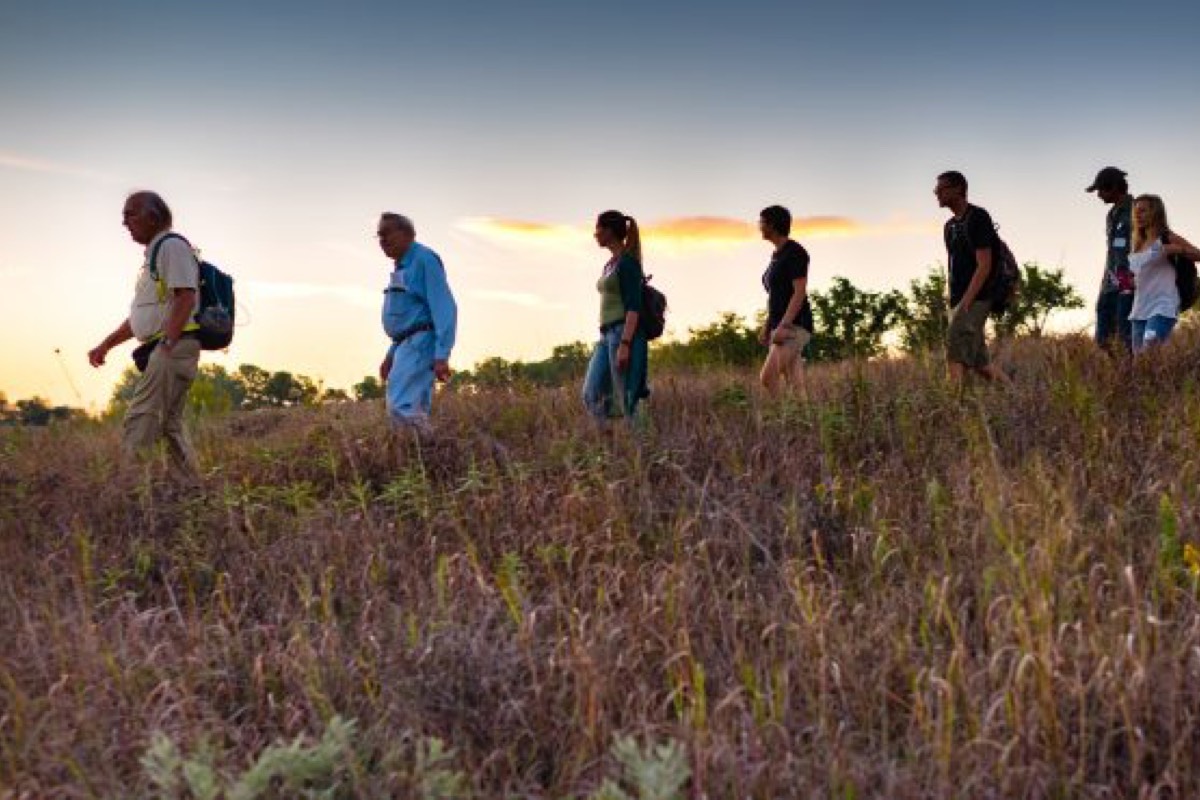
Beyond the Biophysical: Perennial Civilization
Food systems are social, cultural, and economic as well as biophysical. The invention of new perennial polycultures could enable new ways for people to make a living within an ecospheric standard. To sustain a just transition to a diverse and perennial agriculture, people need to provide ongoing care to perennial crops, soils, and to each other in community. Researchers are working with a range of collaborators to develop perennial food systems projects that bridge science and civic society.
Perennial Crops at The Land Institute
The Land Institute is developing a group of perennial grains, legumes, and oilseeds that will bring unprecedented sustainability to agriculture. Two approaches are used to breed new crops: Domestication of wild perennials and perennialization of existing annual crops.
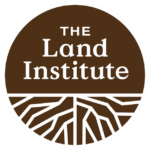
Kernza® Perennial Grain
The Land Institute is domesticating Kernza® perennial grain as a food source for people and working toward a future that includes multiple varieties that are economical for farmers worldwide.
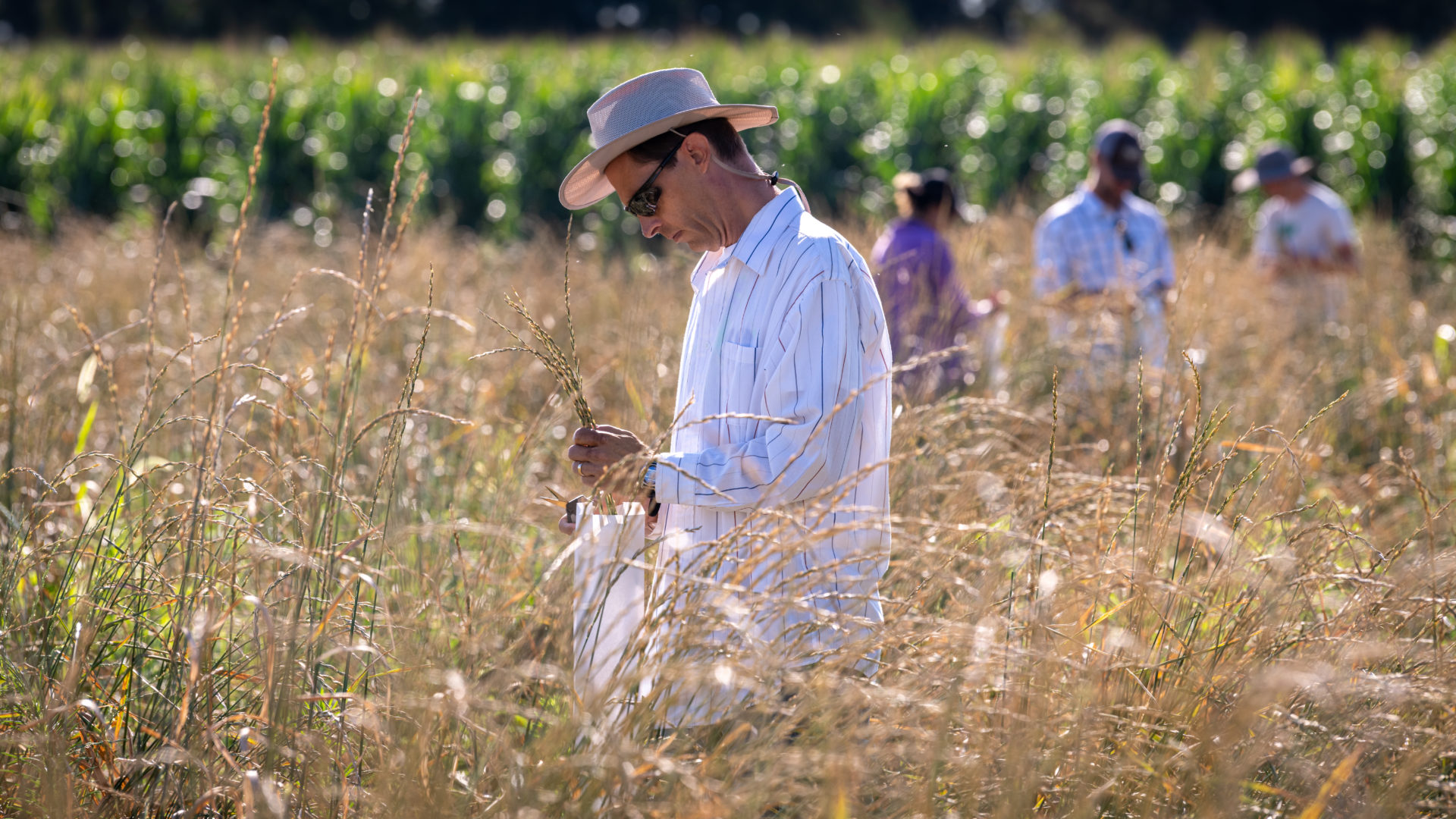
Perennial Sorghum
Like annual sorghum, perennial sorghum has good seed yield but size and flavor require improvement. Our hybrids are being trialed in sub-Saharan Africa to see how well they persist through dry seasons.
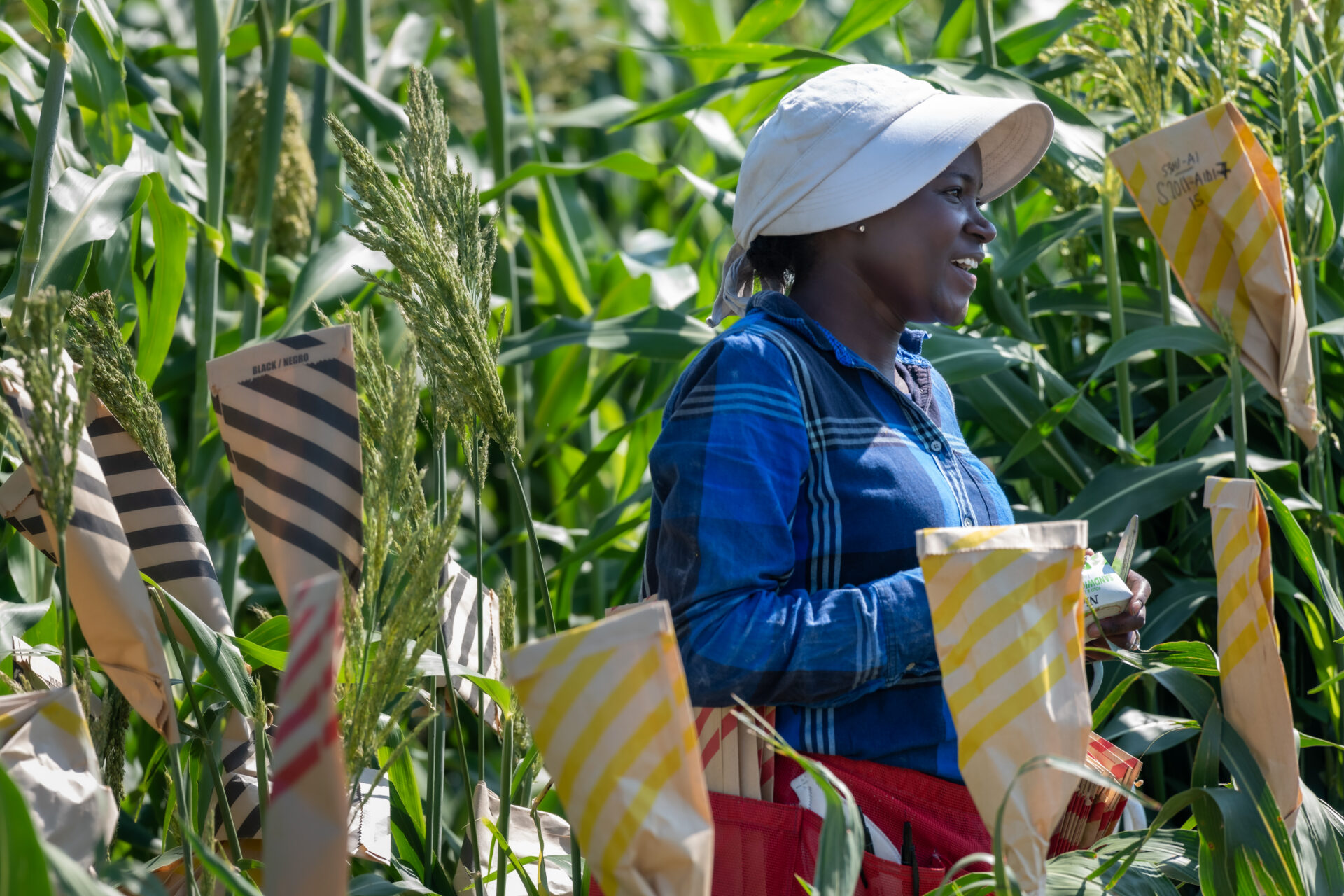
Perennial Legumes
Legumes improve soil fertility by adding nitrogen and providing high-protein seeds for human consumption. We use legumes as perennial grains and as companion crops for other perennial grains. We are currently working with a range of perennial legume species including sainfoin, alfalfa, and lupine.
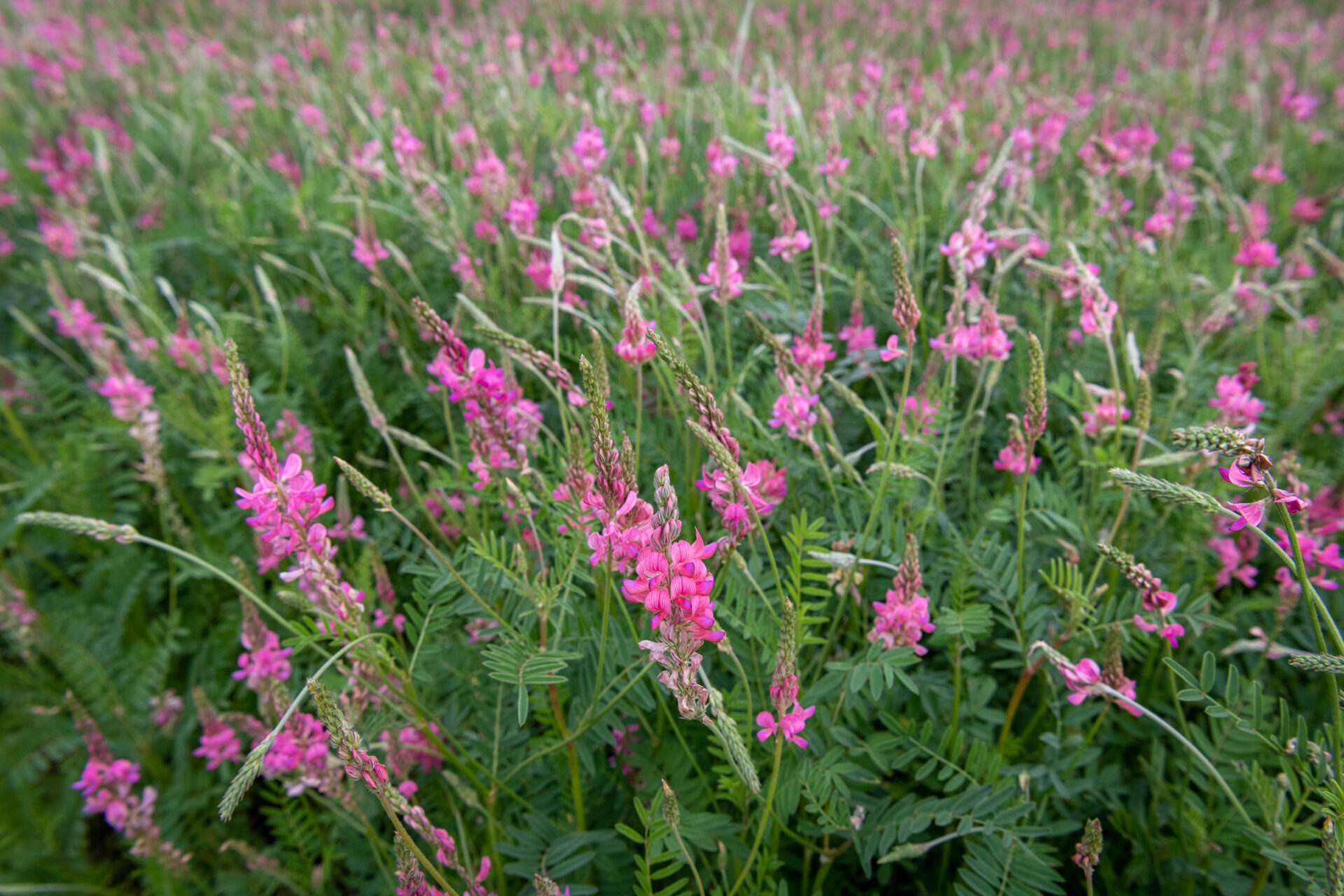
Perennial Wheat
We focus on hybrids made by crossing annual wheat species–especially durum wheat used for making pasta–with wheatgrass species, including the species being marketed as Kernza®.
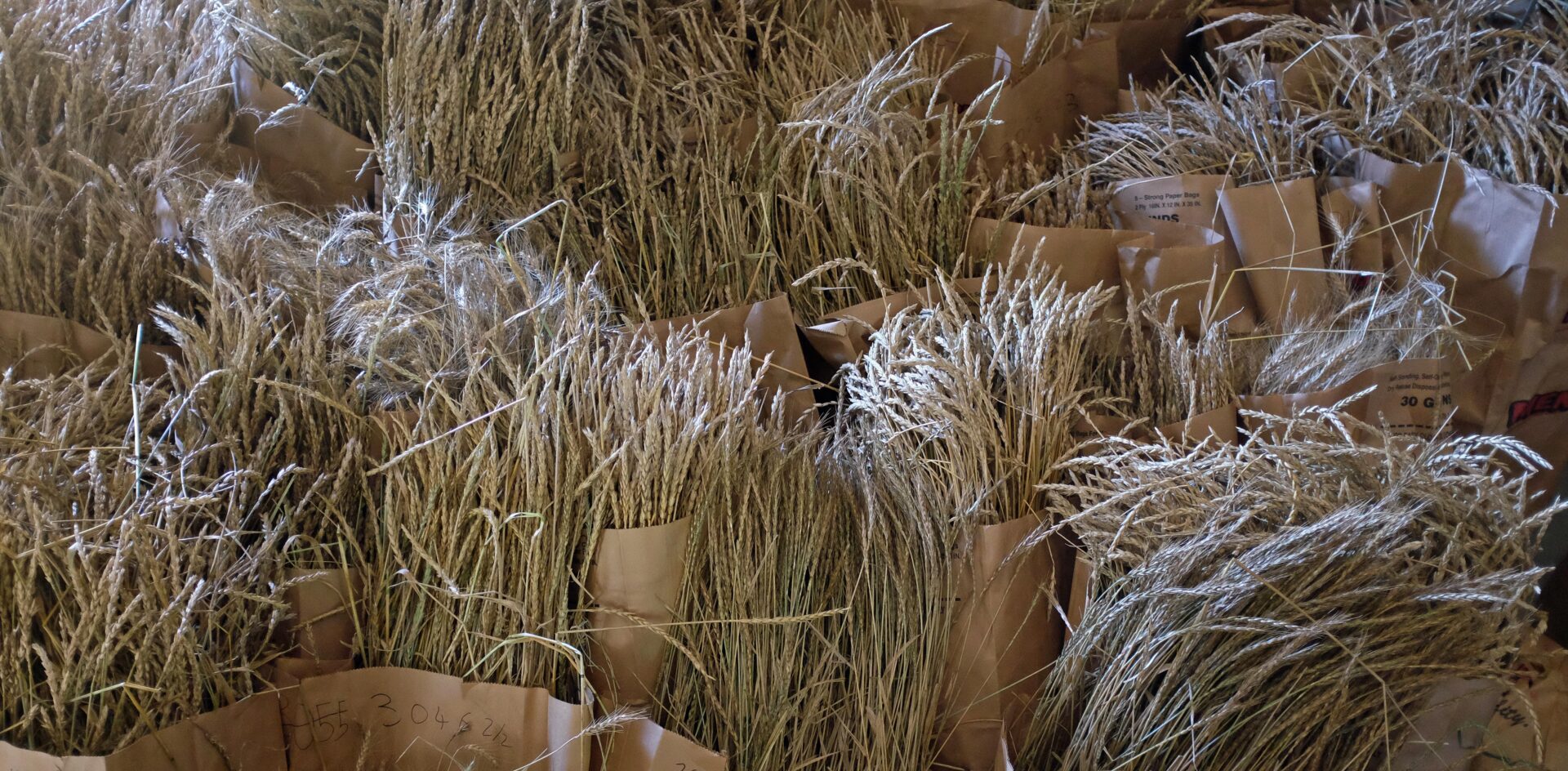
Perennial Rice
In 2007, Dr. Fengyi Hu reactivated perennial rice breeding in China’s Yunnan Province, releasing the first perennial rice to Chinese farmers in 2018. Land Institute staff advise, fund, and advocate for the program.
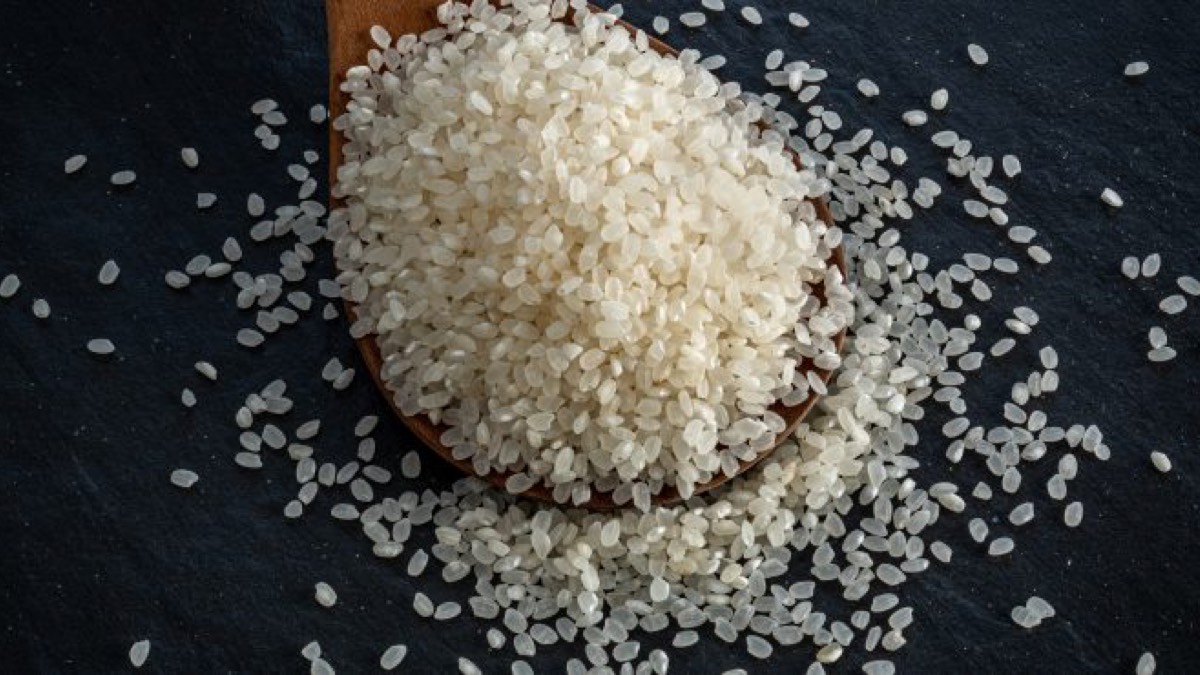
Perennial Oilseeds
A plant in the sunflower family native to the Great Plains, Silphium integrifolium is being domesticated as an oilseed crop that could replace annual oilseed crops such as sunflower and soy.
